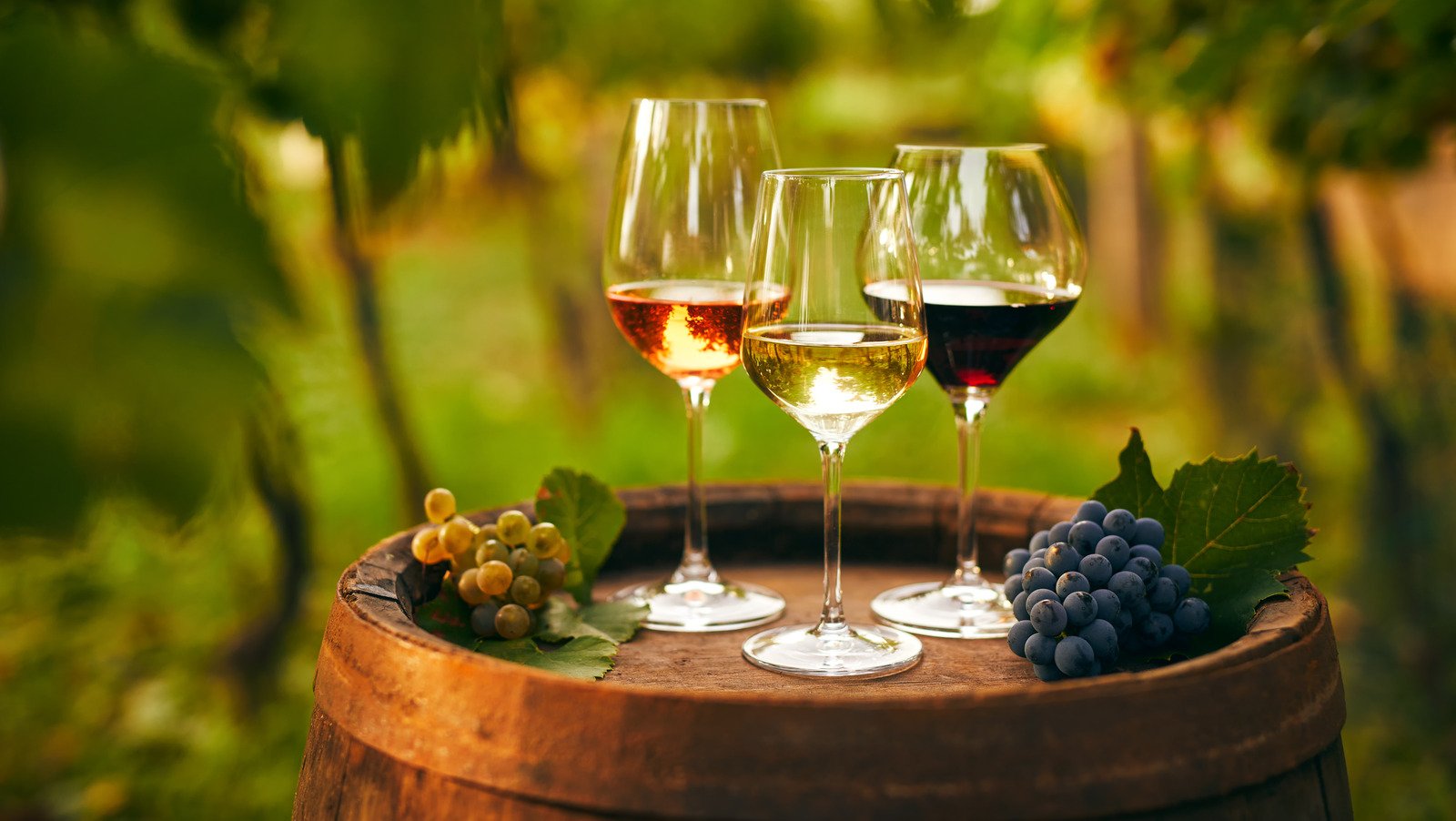/cdn.vox-cdn.com/uploads/chorus_asset/file/16316518/GettyImages_160836693.jpg)
Are you wondering where to buy natural wines and curious about how it’s made? Natural wine brands are a unique product that has grown in popularity over the past few years. As more and more people look for organic and sustainable options, natural wine has become an increasingly popular option. So, how is natural wine made? In this blog post, we’ll look at the entire process of making natural wine, from start to finish. We’ll explore the different techniques used to make natural wine, the different ingredients involved, and the end result of a bottle of delicious, naturally made wine.
Vineyard Management
Natural wine is produced using grapes grown in vineyards managed in a way that minimizes the use of synthetic chemicals and fertilizers. Vineyard management for natural winemaking can involve several sustainable practices, such as planting cover crops, hand-weeding, and mulching with organic material. These practices help to build soil health, retain moisture, and protect the vines from disease.
Organic viticulture is another common practice used in natural winemaking, which involves growing grapes without the use of synthetic pesticides and herbicides. Organic viticulture works to create a balance between the soil, vine, and environment, allowing grapes to naturally resist disease and pests.
Organic certification is an important step in ensuring the vineyard has been managed properly and is producing grapes that meet natural wine standards. Certification bodies such as the United States Department of Agriculture (USDA) and European Union (EU) have established regulations and standards for organic wines that must be met to be certified.
By using sustainable vineyard management techniques, winemakers can ensure their grapes are grown organically and are free of chemical residue. This allows them to produce high-quality wines that are naturally balanced and flavourful.
Grapes and Crushing
Grapes are the most important part of natural wine production, and it all starts with sourcing the right grapes. Natural wines typically require grapes that have been grown organically or biodynamically to maintain the highest quality of fruit. Once the grapes have been harvested, they are carefully transported to the winery where they will be processed.
At this stage, the grapes must be crushed and destemmed before any fermentation can take place. Traditional crushers and presses are used for this purpose, and it is important that these machines are kept in a clean and sterile environment. After the grapes have been broken down, the resulting juice is then ready for the next step of natural wine production.
Wild Yeasts and Fermentation
Wild yeasts are essential in the production of natural wines. This is because they produce a much more diverse and complex flavour than their commercial counterparts, as well as introducing a range of beneficial bacteria that promote healthy fermentation. Natural wine makers typically forgo the use of cultured yeast strains and instead rely on wild yeasts to do the work of fermentation.
The key to using wild yeast is in selecting the correct environment and conditions for it to thrive. The grapes must be carefully crushed and left open for a period to allow the yeast to settle into the must. This is usually done without the addition of sulphur dioxide, as this can inhibit the growth of the wild yeast. The must is then left in a cool, temperature-controlled environment to ferment slowly over several weeks or months. During this time, the winemaker will carefully monitor the progress of the fermentation and adjust parameters as needed.
Once the desired level of fermentation is achieved, the must is then bottled and sealed with a cork stopper. This process allows natural wines to age gracefully and develop unique, complex flavours that can’t be replicated by conventional winemaking methods.
No Sulphites Added

Natural wine is made without adding sulphites. Sulphites are a type of preservative that can be added to wine, and while they are approved by the FDA, many believe they can cause headaches and other negative health effects. Natural wines skip the sulphites, allowing you to enjoy the natural flavours and aromas of the grapes without any additives.
The lack of sulphites also allows the wine to age more naturally, which is beneficial to those who are looking for complex flavours or aging potential. Without sulphites, the wine may not last as long, but the lack of preservatives allows for a fresher, purer flavour.
In addition, natural wines tend to have less sugar and alcohol than their conventionally made counterparts. Without sulphites to help preserve them, natural wines are lower in sugar, resulting in a lighter, more refreshing experience. The lower alcohol content also makes them more suitable for lunchtime drinking, without sacrificing taste.
Overall, natural wines are made without any added sulphites, allowing for a truly unique flavour profile and experience. Whether you’re looking for a light lunchtime beverage or a complex and long-lasting flavour, natural wines offer something special that cannot be found in traditional wines.
Bottling and Shipping
Once the natural wine has finished fermenting, it’s time to bottle and ship. The winemaker will inspect the wine before bottling, testing for acidity, alcohol level, and any other factors that can affect the taste. If the wine needs to be fined or filtered, the winemaker will do this before bottling.
The actual bottling process will depend on the size of the batch. For smaller batches, winemakers often bottle by hand, filling each bottle one at a time. For larger batches, machines are used to fill the bottles quickly and efficiently. Once the bottles are filled, they are then corked or capped and labelled.
Finally, the bottles must be shipped to their final destination. Winemakers must consider the shipping regulations of their chosen country when preparing their bottles for shipment. Regulations may vary depending on the region, so it is important to be aware of them before sending your bottles out into the world.
When the wine is shipped and safely arrives to its destination, it can be enjoyed by all who drink it! Natural wines are made with love and care, making them an enjoyable experience for all who partake.







